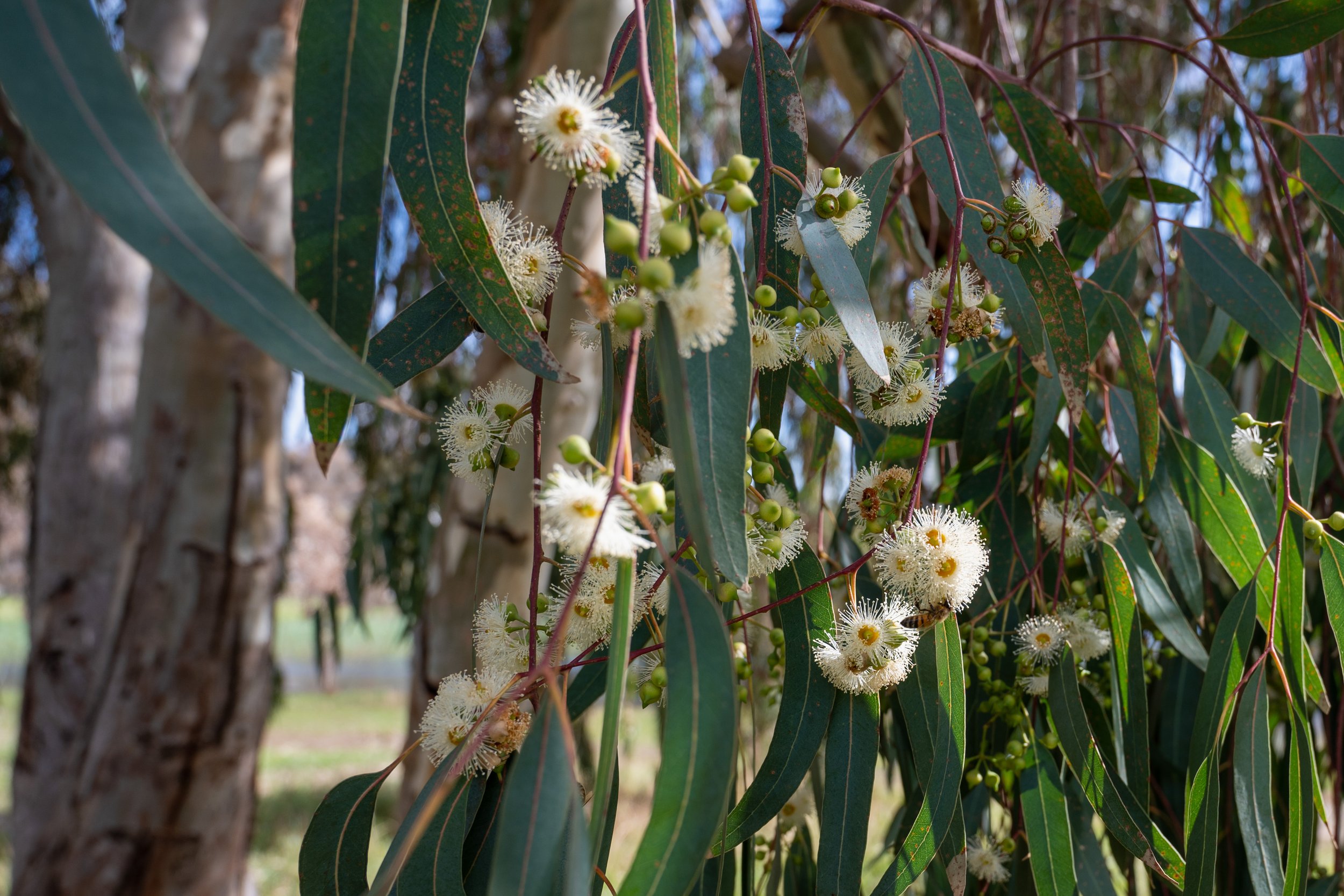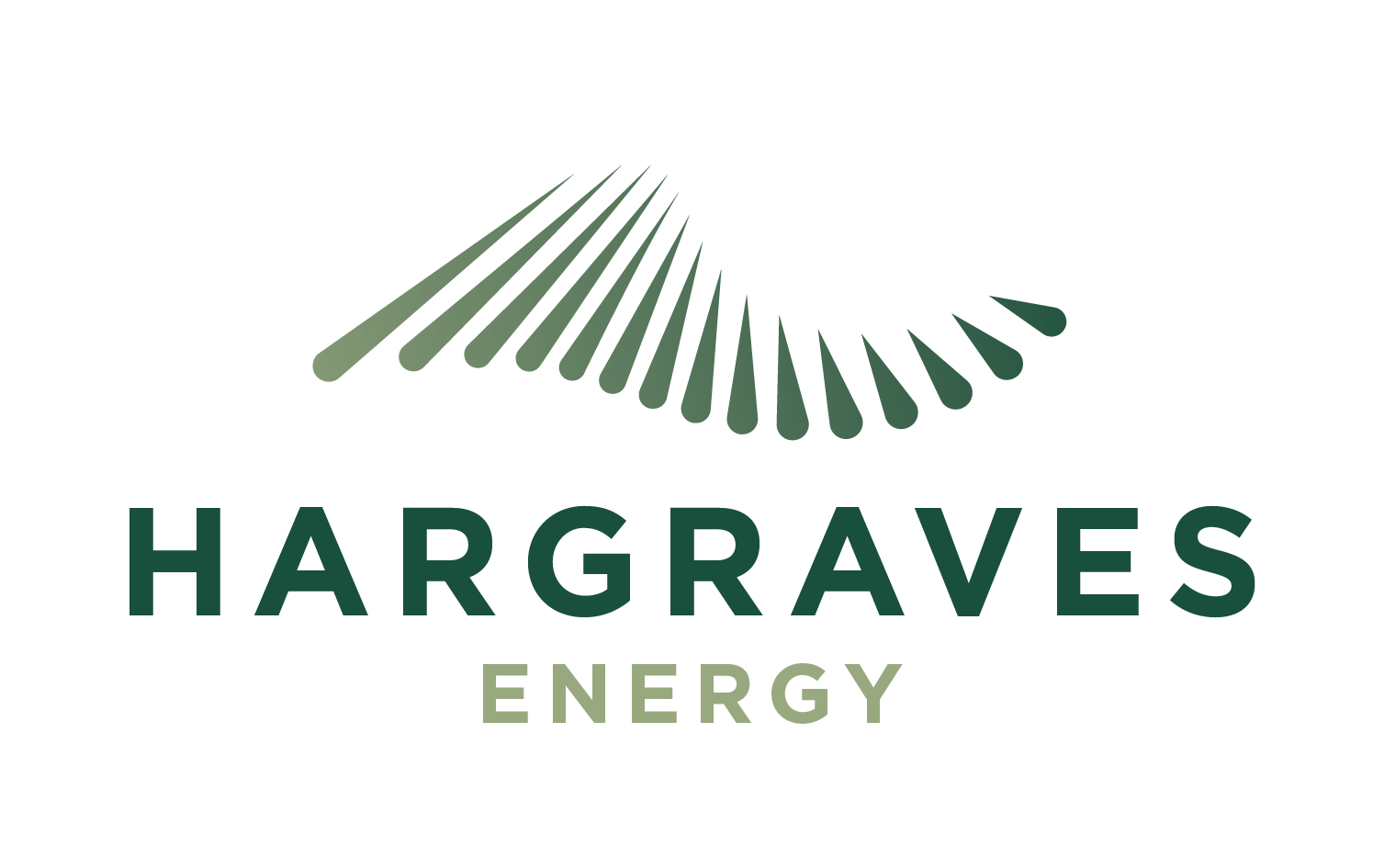
First Nations Community
Green Belt Energy acknowledges the Wiradjuri people as the Traditional Custodians of the area where the project is located. We recognise and respect their continuing connection to land, sky, sea and waterways. We thank them for protecting this land and its ecosystems since time immemorial and pay our respects to their Elders past and present.
Traditional Custodians Engagement
We recognise the Wiradjuri as the Traditional Custodians for the Project, and we respect their deep and continual connection to land, sea, sky, waterways, and community. Listening to and learning from them is a cornerstone of our development process.
Our approach with the Wiradjuri has and will continue to be not just about a cultural heritage assessment process and providing updates, but also about exploring genuine partnerships and long-term opportunities.
Our approach with the Traditional Custodians is to engage at a measured pace for the benefit of all parties and to talk openly, with consideration and respect. We understand that providing detailed and timely information to them is both necessary and important.
We have had multiple meetings with the Wiradjuri, and we will continue to do so in order to:
Explore genuine opportunities for partnership
Ensure we fully understand their relationship to the land and hear their stories
Minimise any impact on the cultural and heritage importance of our proposed sites
Involve them in project design, construction and procurement
Objectives Of The Engagement Strategy Plan (ESP)
This Traditional Custodians & Stakeholders Engagement Strategy and Plan (ESP) has 8 principal objectives:
Provide an overarching strategy for managing communication and engagement with Traditional Custodians, neighbours, the local community and other stakeholders in concert with specialists and other development partners.
Build and maintain strong, positive relationships with Traditional Custodians and stakeholders based on trust, respect, authenticity and openness, to establish a socially sustainable project.
Facilitate early engagement with local stakeholders to understand potential social and environmental impacts and opportunities that may arise the project.
Guide and support a strategic and coordinated approach to engagement, including specific tools, timeframes and responsibilities during the planning and assessment phase of the Project. A separate ESP will be prepared for construction and decommissioning phases of the project.
Support the understanding of local context and identify key stakeholders, including vulnerable community groups, stakeholder expectations and project alignment with local aspirations.
Facilitate the genuine involvement of stakeholders in the underpinning and assessment process and develop effective and meaningful responses, as far as practicable, to any identified impacts.
Ensure that community and stakeholder inputs are effectively integrated into the technical, environmental, and planning assessments for the Project and, as far as practicable, to inform refinements to project design and to support the overall development of the Project.
Collaborate with identified stakeholders on potential local benefit sharing opportunities to ensure they are co-designed, targeted, and appropriate to the Project’s operating context.
